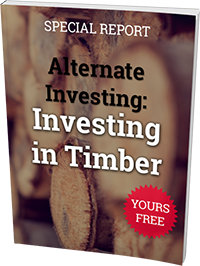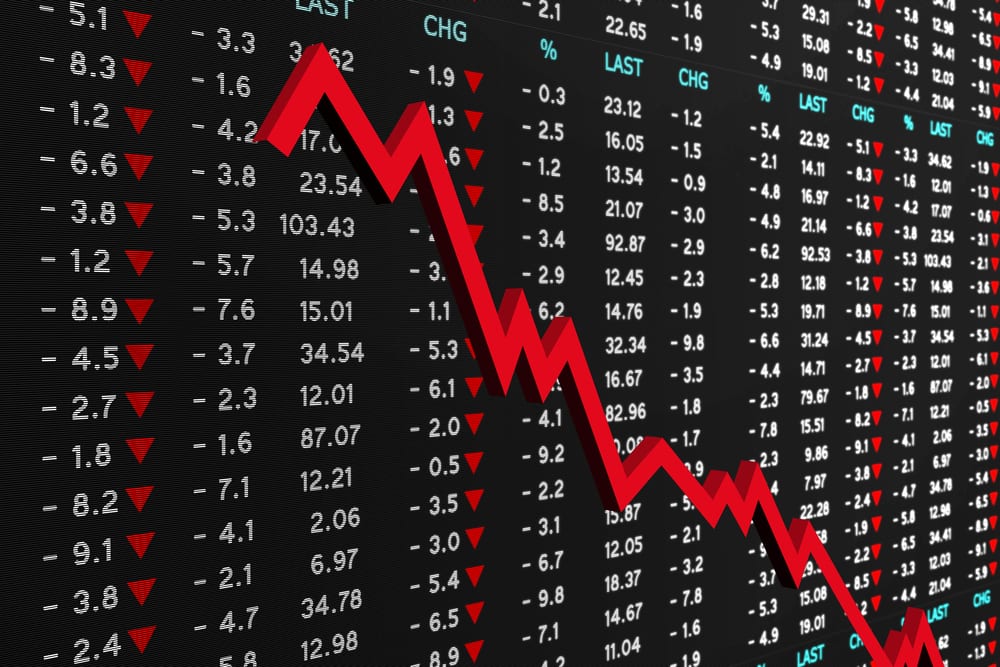Scan the headlines here on the “Old Continent” and it’s clear that austerity fatigue is setting in.
The recent revelations of flaws in the methodology underpinning the arguments in the influential book, “This Time Is Different: Eight Centuries of Financial Folly,” by Carmen Reinhardt and Ken Rogoff has added fuel to the anti-austerity fire. After all, their much cited conclusion — that economic growth slows after debt to gross domestic product (GDP) ratios hit 90% — was the intellectual bedrock of austerity campaigns around the planet.
Only French socialists have rivaled Paul Krugman in their vitriolic condemnation of austerity. As a leaked internal document from France’s ruling party cited in yesterday’s London Financial Times noted:
“The [European] project is today battered by a marriage of convenience between the Thatcherite leanings of the current British prime minister — who only conceives of a Europe à la carte and of rebates — and the selfish intransigence of [Germany’s] Chancellor Merkel, who thinks of nothing but the deposits of German savers, the trade balance recorded by Berlin and her electoral future.”
It is often said that you can’t argue with success.
Yet it seems that the mainstream media in Europe is doing just that.
Bashing austerity, bankers and Germans has become the new badge of intellectual sophistication.
All of that leaves me scratching my head.
After all, the two icons of European economic austerity — Estonia and Ireland — were two of the fastest-growing economies in Europe last year. The contrast with Greece is particularly stark.
Ireland’s economy will expand for the third consecutive year, even as the Greek economy has contracted for six straight years. The International Monetary Fund (IMF) predicts the Irish economy will grow by 1.1% this year and 2.2% in 2014, even as it becomes the first country to exit its bailout program since the onset of the crisis in Europe.
The critiques of economist Paul Krugman and French socialists notwithstanding, Ireland is Europe’s single-biggest success story.
In fact, I would argue that Ireland — thanks in large part to its relentless commitment to austerity — now has all but “graduated” from the ranks of Europe’s “PIIGS” countries — Portugal, Italy, Ireland, Greece and Spain.
And, as subscribers to The Alpha Investor Letter know, Ireland may also offer one of the most profitable contrarian investment themes in global stock markets today.
The Boom
Ireland spent much of the 20th century on the wrong side of the economic railroad tracks. In 1988, Britain’s Economist magazine predicted that Ireland was heading for catastrophe — stuck in a downward spiral of high unemployment, slow growth, high inflation, heavy taxation and crushing public debt.
Yet within a decade, Ireland had transformed itself from an economic also-ran into Europe’s answer to the “Asian Tigers.” Thanks to a low corporate tax rate of 12.5%, Ireland became a magnet for foreign direct investment (FDI). Ireland eventually boasted 1,100 multinational companies, which exported goods worth some $60 billion. At its peak, Ireland manufactured one-third of all personal computers sold in Europe and became the world’s biggest software exporter.
The Bust
A debt-fueled property boom caused the price of an average house to jump by more than 4.5-fold between 1997 and 2006. Flush with cash, the government went on a spending binge. From 1997 to 2008, investment in Ireland’s health service soared five-fold. Public-sector employment jumped, even as pay doubled.
Thanks to a deadly cocktail of the property boom and unrestrained government spending, Ireland’s boom turned into bust virtually overnight. Ireland was the first country in the euro-zone to slide into recession in 2008, with GDP declining more than 14% in the next two years. Anglo Irish Bank, the most aggressive lender during the boom, had to be nationalized as property values halved. The government’s budget went from surpluses in 2006 and 2007 to a staggering deficit of 14.3% of its GDP in 2008.
Ireland: Economic Austerity’s ‘A’ Student
The Irish government’s response was swift as Irish Premier Brian Cowen launched the biggest assault on public services ever seen in Western Europe. The government raised taxes, and cut salaries in the public sector by up to 20%. When the non-performing real estate loans taken on to the government’s books proved too big to chew, Ireland was forced to go hat in hand to the “troika” of the International Monetary Fund (IMF), the European Union (EU) and the European Central Bank (ECB) for a huge €67.5 billion ($89 billion) bailout in 2010.
As recently as last year, investors still feared that Ireland’s economic woes could force the country out of the euro. But what a difference a year makes.
The turning point came March 13, 2013, when Ireland successfully raised money in international financial markets through the sale of a new benchmark bond for the first time since November 2010.
Strong demand for the bond allowed Ireland to increase the size of the offer from €3.0 billion ($3.92 billion) to €5 billion ($6.53 billion). Demand was so great that Ireland only had to pay a yield of 4.25% — less than the 4.76% it paid back in 2010.
The positive reception put Ireland on track to become the first nation to leave a bailout program since the euro debt crisis started more than three years ago.
Out of the Woods… But Still a Contrarian Investment
Ireland’s lenders have trotted out the country as an example of how government deficits and the debt should be tackled by Europe’s other economic ne’er-do-wells. Yet these very countries seem to ignore or rationalize away Ireland’s success.
Ireland has plenty of challenges left. Critics point to a huge disconnect between the Irish government as a “star student” among investors and its reputation for increasing taxes and cutting wages among voters. A political backlash similar to the ones seen in France and Italy is not off of the table.
And Ireland’s economic Achilles heel is its exports, on which much of its economic recovery has depended. Ominously, exports have tumbled recently and the Irish economy may have actually contracted in the first quarter of 2013.
That said, investors seem convinced the Irish recovery is real. The Irish stock market has entered a solid uptrend and the iShares MSCI Ireland Capped Investable Market Index Fund (EIRL) has had a better run than the already strong S&P 500 over the past six months.
So, buy the iShares MSCI Ireland Capped Investable Market Index Fund (EIRL) at market today, and place your stop at $23.50.
To read my e-letter from last week, please click here. I also invite you to comment about my column in the space provided below.




